According to Dr. Huynh Tan Vu (Lecturer of Traditional Medicine, University of Medicine and Pharmacy, Ho Chi Minh City), guava trees have long been familiar in the lives of Vietnamese people, especially in rural areas. Parts of the guava tree such as: young buds, young guava leaves, fruit, bark or roots all have medicinal properties, used as benign and safe medicines.
"Fresh guava leaves contain 82.47% water, 0.62% fat, 18.53% protein, 12.74% carbohydrates, 103 mg ascorbic acid (vitamin C), 1,717 mg gallic acid. Flavonoids in guava leaf extract have strong antibacterial activity and quercetin has strong antidiarrheal activity. Polysaccharides in guava leaves can be used as an antioxidant additive in food and for the treatment of diabetes," said Dr. Vu.
What are the effects of guava leaves?
Guava leaves help cure diarrhea
The common use of guava leaves is to treat diarrhea. Guava leaves and young guava buds contain tannins and some extracts that inhibit the activity of staphylococcus aureus and E.coli bacteria. Thereby, helping to reduce the symptoms of diarrhea. In addition, the use of young guava leaves also helps to tighten the intestinal mucosa better.
To "stop" diarrhea, just eat 3-5 young guava buds that have been washed or boil guava leaves, drink many times a day. It is best to drink about 15 minutes before eating for the best treatment effect.
Guava leaves are good for heart health
According to health experts, guava leaves contain antioxidants and soluble fiber. Therefore, guava leaves are effective in improving cardiovascular health such as:
Control and stabilize blood pressure.
Limits the formation of free radicals that cause memory loss, Alzheimer's disease,...
Reduces atherosclerosis, reduces the risk of stroke.
Reduce cholesterol, reduce blood sugar.
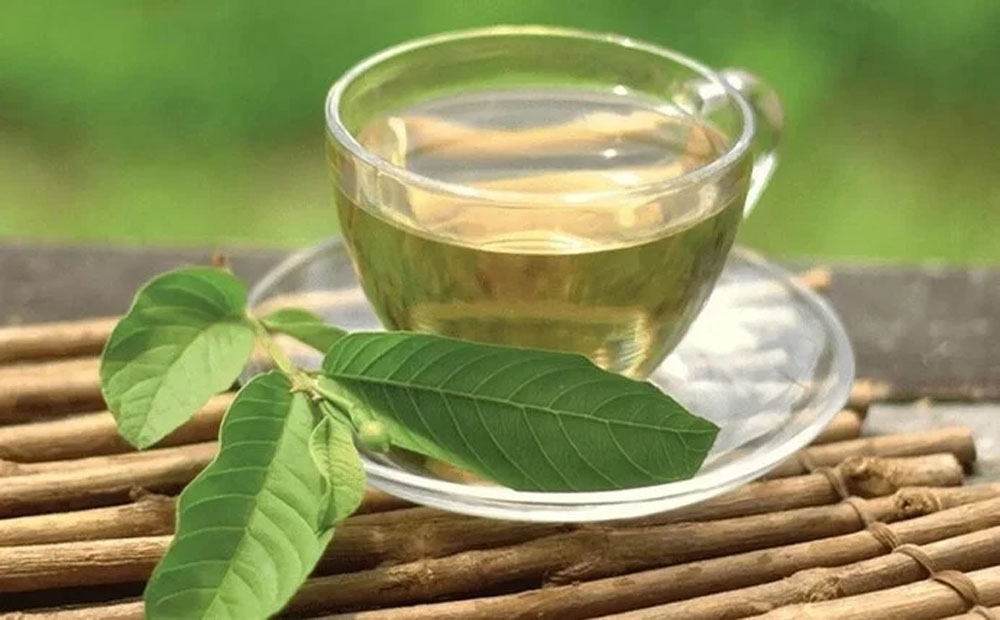
Guava leaves are very good for human health.
Guava leaves are very good for people with diabetes.
Using guava leaves is effective in controlling blood sugar levels and insulin resistance. Therefore, using guava leaves is very good for people with diabetes.
Guava leaves have this effect due to the group of substances such as Avicularin and Quercetin that have the ability to inhibit glucose absorption. Diabetic patients can refer to how to use guava leaves as follows:
Wash guava leaves and dry.
Steep guava leaf water to drink every day. Persistently using guava leaf water for about 2-3 months, the patient can notice an improvement in the condition.
Guava leaves help prevent the risk of cancer
With the presence of antioxidants, using guava leaves helps reduce the formation of free radicals - the cause of the formation of cancer cells.
According to Food NDTV, thanks to its high antioxidant content, guava leaves can reduce the risk of cancer, especially breast, prostate and oral cancers. Many studies have shown that lycopene in guava leaves plays an important role in reducing the risk of cancer.
Drinking guava leaves effectively reduces weight
Guava leaves are not only a natural weight loss method but also safe for health. Through the ability to prevent the conversion of starch into sugar in the body. The compounds in guava leaves affect the metabolism, thereby helping to increase fat burning and prevent the accumulation of excess fat. Therefore, drinking guava leaves is an extremely effective way to lose weight.
Guava leaves help improve oral health
Because guava leaves contain astringents that help tighten teeth and relieve gum pain.
The usage is also very simple, just use fresh guava leaves that have been washed and crushed. After a short time, toothache and gum pain will tend to decrease. Gum inflammation and infection will also be significantly improved if this method is used regularly.
Guava leaves help improve skin and hair quality
The effects of guava leaves on skin and hair can be listed as follows:
Applying guava leaves helps to firm the skin. In addition, using guava juice helps to inhibit the formation of free radicals - the main cause of skin aging.
Washing your hair with guava water helps treat hair loss.
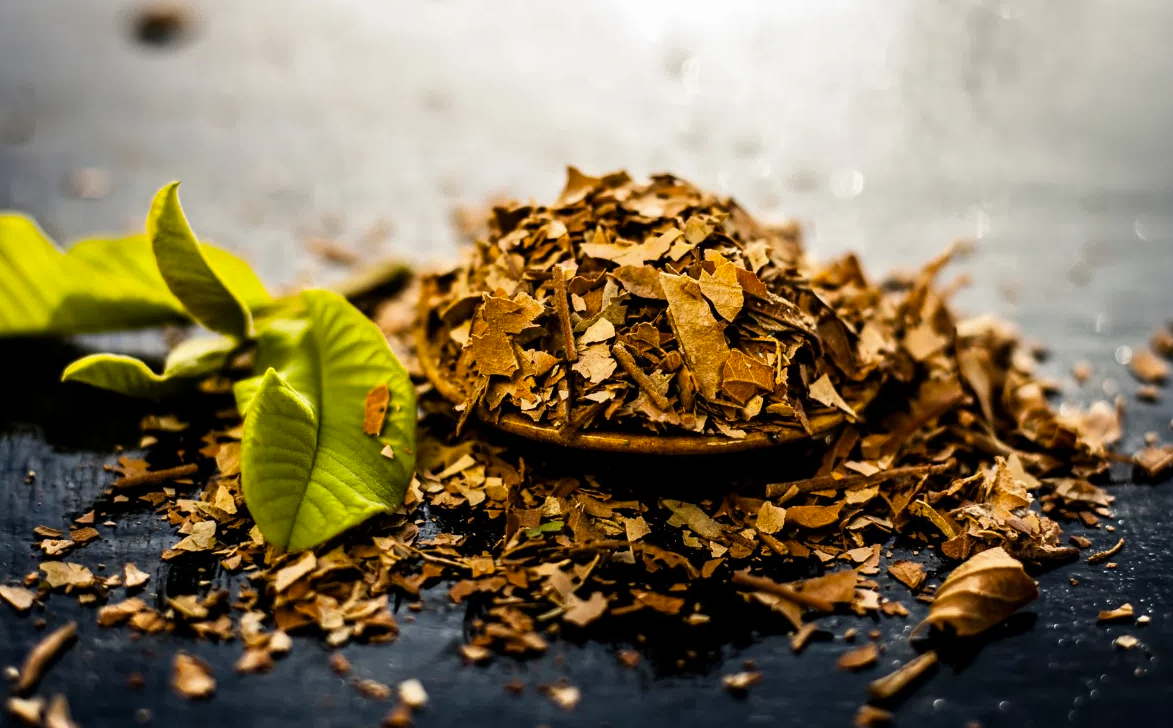
Guava leaves can be dried for long-term use.
Other effects of guava leaves
Calms the nervous system, thereby helping to improve sleep quality.
Cure coughs, colds and improve the body's resistance thanks to the amount of vitamin C and iron in guava leaves.
Support the treatment of bronchitis.
Support treatment of Gout.
Guava leaves have the ability to prevent the release of Histamine, thereby helping to limit and support the treatment of allergic conditions.
Reduce menstrual cramps.
What should be noted when using guava leaves?
Although guava leaves have many benefits and good effects on health, when using guava leaves, you also need to pay attention to the following issues:
Use guava leaves only in moderation. Overuse of guava leaves can cause side effects or allergic reactions.
People with eczema need to be especially careful when using guava leaves because the extracts in guava leaves can cause skin irritation.
You should consult your doctor before using guava leaves if you are suffering from chronic cardiovascular diseases, osteoporosis, kidney-related diseases...
Using guava leaves during treatment with western medicine can reduce the effects of the medicine.
If you are pregnant or breastfeeding, you should consult your doctor before using guava leaves to ensure that there are no adverse effects on the fetus or breast milk.
Guava leaf tea has a slightly astringent and bitter taste. Therefore, you should only drink 1-2 cups per day and drink it after meals. You should not drink guava leaf tea all day because it can lead to digestive problems. This type of tea can be drunk hot or cold.
How to cook guava leaf water safely and effectively
Below are details on how to safely cook guava leaf water for reference:
Ingredient:
1 handful of fresh guava leaves or young guava buds.
Clean water.
Honey (optional).
Instructions on how to do it:
Step 1: Wash a handful of guava leaves or young guava buds to remove dirt on the leaf surface.
Step 2: Boil the required amount of water in a pot. When the water boils, add the washed guava leaves to the pot.
Step 3: Simmer and cook guava leaves for about 15 minutes.
Step 4: Turn off the stove and use a filter to extract the guava leaf water.
Step 5: You can add 1-2 teaspoons of honey or sugar to make it easier to drink.
Note: To preserve guava leaf water, pour it into a glass bottle and then place it in the refrigerator.
In addition to making fresh guava leaf water, you can also dry guava leaves for long-term use. However, to avoid losing their nutritional value, you should only dry guava leaves in the shade and avoid direct sunlight.
Source



![[Photo] Looking back at the impressive moments of the Vietnamese rescue team in Myanmar](https://vstatic.vietnam.vn/vietnam/resource/IMAGE/2025/4/11/5623ca902a934e19b604c718265249d0)


![[Photo] "Beauties" participate in the parade rehearsal at Bien Hoa airport](https://vstatic.vietnam.vn/vietnam/resource/IMAGE/2025/4/11/155502af3384431e918de0e2e585d13a)

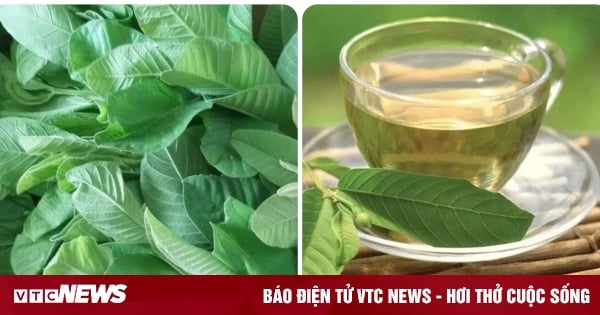

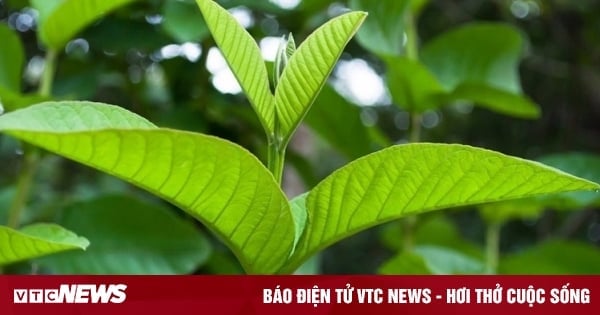


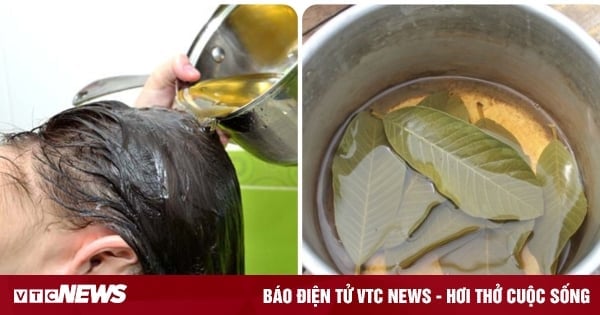
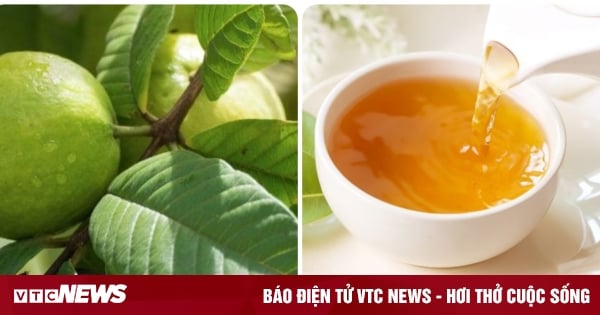



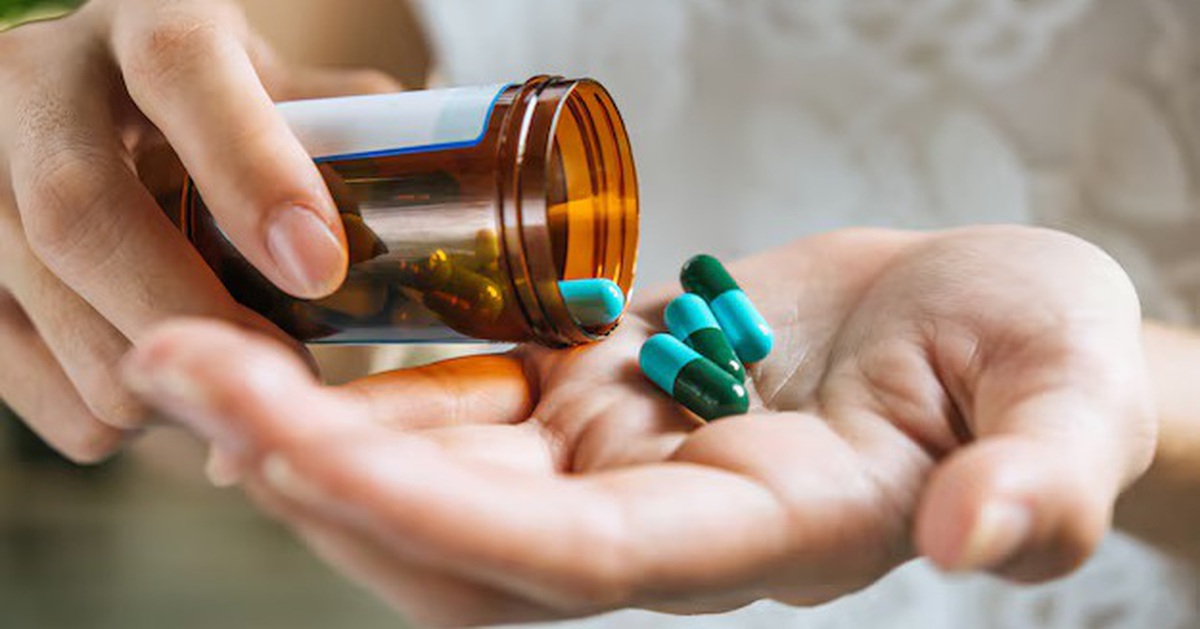




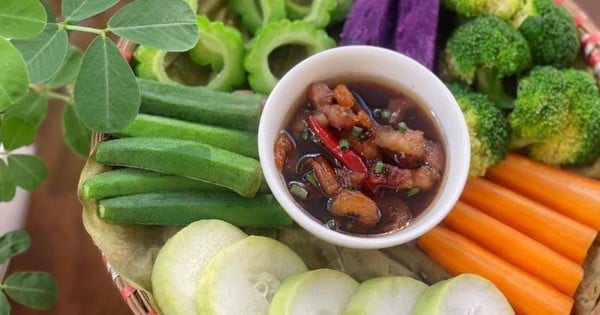
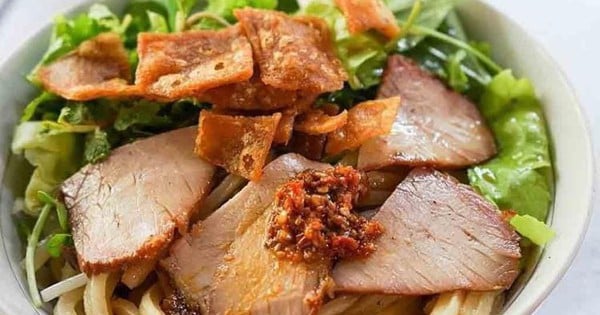
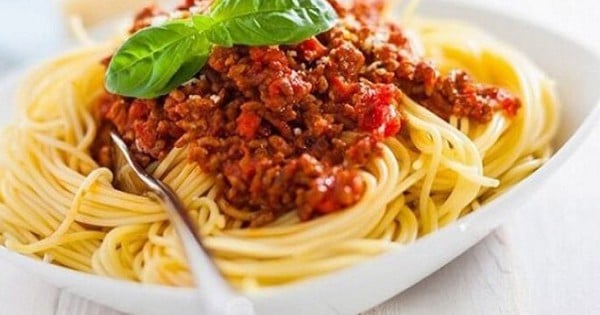




![[Photo] Summary of parade practice in preparation for the April 30th celebration](https://vstatic.vietnam.vn/vietnam/resource/IMAGE/2025/4/11/78cfee0f2cc045b387ff1a4362b5950f)










































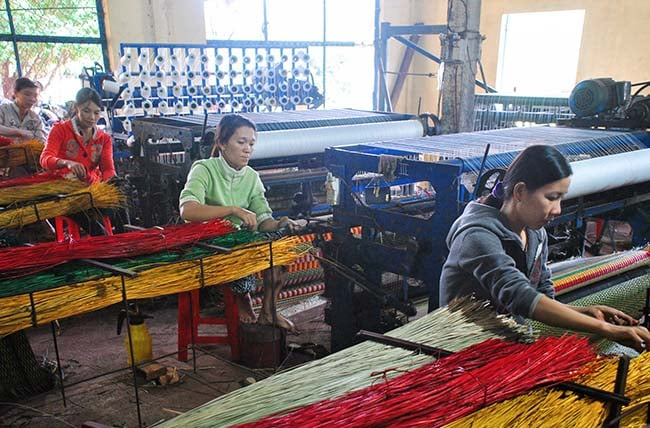


















Comment (0)